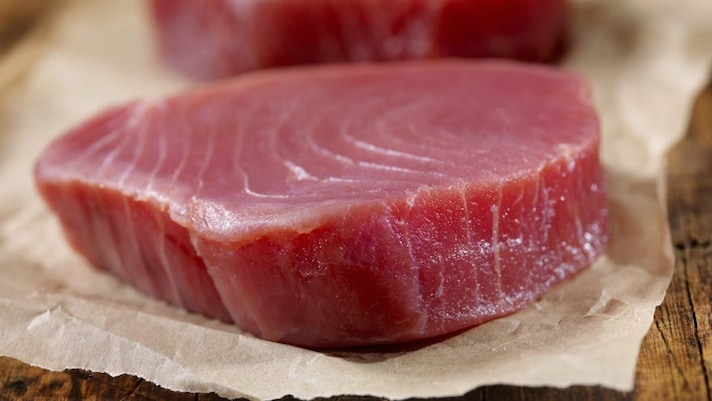Here’s How To Know If That Product Is Really Whole Grain
It can be difficult to determine if your bread, pasta, cereals, etc., are really whole grains. This is because there are many terms and words in the packaging that make you believe that your product is healthy when it isn't. Read ahead for some generic terms that can help you make informed purchase decisions.
;Resize,width=742;)
This guide to grains is simplified and will help you on your next trip to the grocery store for your pantry top-up.
1. 100% Whole Grain

This contains no refined grains or flour. Dietary products contain fiber that lowers cholesterol and slows digestion, so you'll be full longer and eventually eat less. If something is 100% whole grain, you need at least 3g of fiber per 100cal. In addition to wheat, other grains such as oats, oats bran, spelled flax, rye, and barley flour can also be used — these are all whole grains, which is a positive sign. So buy products that denote these.
2. 100% Whole Wheat

These are products made with only whole wheat flour and no refined flour. When you check the list of ingredients and notice that the only flours that have been written are stone-ground whole wheat, 100% whole wheat, or whole wheat. So, when buying your bread, look out for "100% whole wheat" on the label.
3. Wheat
This doesn't make any sense as all bread (except gluten-free) is wheat bread and what you want is whole grains. So, if you read the ingredient list and see "Fortified Flour" or "Unbleached Flour," don't be fooled. These are not whole grains.
4. High In Fiber

Dietary Fiber contains at least 5g of fiber and less than 3g of fat per serving, and this is good because fiber fills you up for longer periods.
5. Good Source Of Fiber
It has 2.5g – 4.9g of fibers per serving. So if the components are all whole grains, it could be 100% whole grain.
6. More Or Added Fiber

It has at least 2.5g of more fiber than the regular version. Be cautious — many products with tons of fibers (10g – 25g per serve) have all possible unnatural additives for higher fibers, and these additive fibers do not have the same beneficial impact as the naturally occurring fibers.
A product is rich in synthetic fibers (not naturally existing) when:
The product is white but has fiber. This means that they are derived from additives instead of the product, and the product is refined, and so, it is apparent in it.
The product is not the kind to have fibers ( fruit, vegetables), such as sweets, drinks, and a type of food including drinks and yogurt.
7. Whole Grain Products
The product may contain whole grains, but the product is not 100% whole grain, and so, there is an attempt by the company to convince you that their products are entirely made of whole grains when it is not.
BOTTOMLINE
A product can only be whole grain when it has AT LEAST 3g of fiber per 100cal and when it is not made with refined grains or flour. Anything outside this is NOT whole grain.
;Resize,width=767;)

;Resize,width=712;)
;Resize,width=712;)
